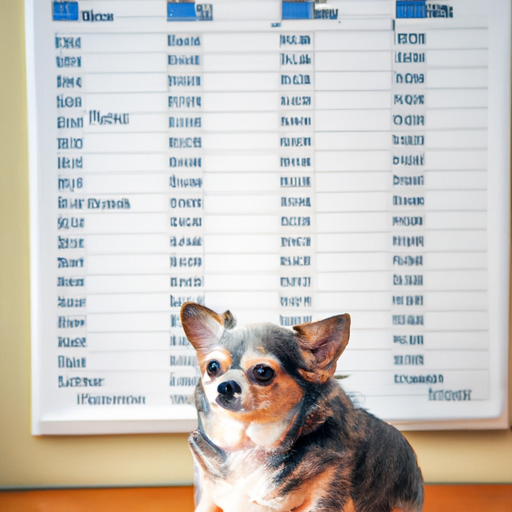Feeding your small dog is a crucial part of pet care, but how often should small dogs eat? This is a common question for pet owners, and this guide will help you understand the best feeding practices for your furry friend.
Understanding Your Small Dog’s Dietary Needs
Understanding your small dog’s dietary needs is the first crucial step towards providing them with the best care. Small dogs typically weigh less than 20 pounds, and their metabolic rates are higher than larger dogs. This means they require more calories per pound of body weight.
- High-quality protein: Essential for growth and maintenance of body tissues.
- Fats: Important for energy and skin health.
- Carbohydrates: Provide energy and help with digestion.
- Vitamins and minerals: Necessary for various bodily functions.
| Nutrient | Importance |
|---|---|
| Proteins | Growth, maintenance |
| Fats | Energy, skin health |
| Carbohydrates | Energy, digestion |
| Vitamins & Minerals | Various functions |
Meal Frequency for Small Dogs
Now that you understand what nutrients your dog needs, let’s talk about meal frequency. Small dogs, due to their fast metabolism, need to eat more frequently than larger dogs.
- Puppies: Small breed puppies should be fed 3 to 4 times a day.
- Adults: Adult small dogs should be fed 2 to 3 times a day.
- Seniors: Senior small dogs may need to eat 2 to 3 times a day, depending on their health status.
Choosing the Right Food for Your Small Dog
Choosing the right food for your small dog is another vital aspect to consider. It’s crucial to find food that is specifically designed for small breeds.
- Look for foods that list a protein source first.
- Avoid foods with fillers and artificial additives.
- Choose foods that are easy for your dog to chew and digest.
Monitoring Your Dog’s Weight
Monitoring your dog’s weight is a good way to ensure they’re eating the right amount. Sudden weight changes could indicate a problem and should be addressed with your vet.
- Underweight: If your dog is underweight, they may need more food or a different diet.
- Overweight: If your dog is overweight, they may need less food, more exercise, or a different diet.
Feeding Tips for Small Dogs
Feeding small dogs can be a challenge, but here are some tips to help:
- Always provide fresh water along with food.
- Stick to a regular feeding schedule.
- Avoid giving your dog table scraps or human food.
FAQs
Q: Can I feed my small dog once a day?
A: Due to their fast metabolism, small dogs should ideally be fed at least twice a day.
Q: What should I do if my dog is not eating?
A: If your dog refuses to eat, it’s best to consult with a vet. This could be a sign of illness.
Q: Can I feed my small dog large breed dog food?
A: It’s best to feed your small dog food that is specifically designed for small breeds. Large breed dog food may not meet their nutritional needs.
Q: How much food should I feed my small dog?
A: The amount of food your small dog needs can vary based on their age, weight, and health status. It’s best to consult with your vet to determine the proper amount.
Q: Can I give my small dog human food?
A: While some human foods are safe for dogs, many are not. It’s best to stick with dog food to ensure your pet is getting the right nutrients.



